Prokuroria e Posaçme njoftoi të martën për goditjen e një grupi të dyshuar kriminal në krye të Agjencisë Kombëtare të Shoqërisë së Informacionit, AKSHI, duke vendosur 8 persona nën akuzë për një seri veprash penale, mes të cilëve edhe drejtoreshën e kësaj Agjencie, Mirlinda Karçanaj.
Sipas hetimit, Ergys Agasi, një personazh kontrovers dhe biznesmeni Ermal Beqiraj krijuan një grup të strukturuar kriminal për manipulimin e tenderave të AKSHI-it, duke përdorur dhunë dhe pengmarrje. Ndërsa Agasi dhe Beqiraj I shpëtuan arrestimit, janë nën masën arrest shtëpie si pjesë e këtij grupi kriminal dy krerët e kësaj agjencie, drejtoresha Mirlinda Karçanaj dhe zv.drejtoresha Hava Delibashi.
Ngjarja ka ngritur shqetësime për cënim të Sigurisë Kombëtare, pasi kjo agjenci është një prej institucioneve më sensitive në vend.
AKSHI menaxhon thuajse të gjithë sistemin e qeverisjes digjitale përmes E-Albania, përfshi dhe të ashtuquajtën ministrja “Diella” e krijuar me Inteligjencë Artificiale. AKSHI menaxhon sisteme dhe të dhëna që konsiderohen pjesë e infrastrukturës kritike kombëtare, çka e bën funksionimin e këtij institucioni një provë lakmusi për stabilitetin dhe besueshmërinë e administratës publike. Në këtë aspekt, ndikimi I punës së agjencisë nga një grup kriminal ka ngritur shqetësime mbi kufirin mes korrupsionit administrativ dhe cenimit të Sigurisë Kombëtare.
Sipas ekspertëve të sigurisë, kur një institucion që administron infrastrukturë digjitale kritike kapet nga interesa kriminale, shteti humbet kontrollin mbi informacionin që garanton funksionimin, vendimmarrjen dhe sigurinë e tij.
“AKSHI është një institucion që menaxhon infrastrukturën digjitale kritike të vendit dhe, për këtë arsye, çdo devijim serioz në mënyrën se si funksionon ai përbën rrezik për sigurinë kombëtare,” tha Arjan Dyrmishi, drejtor ekzekutiv i Qendrës për Studimin e Demokracisë dhe Qeverisjes.
“Fakti që drejtues të kësaj agjencie dyshohen se kanë bashkëpunuar me një grup të strukturuar kriminal, duke manipuluar procedura prokurimi dhe duke përdorur dhunë për të ndikuar rezultatet, tregon që është vënë në rrezik jo vetëm integriteti i tenderëve, por vetë integriteti dhe sovraniteti digjital i shtetit,” theksoi ai.
Rreziku merr një dimension edhe më konkret në këndvështrimin e ish-kreut të Forcës Detare, Artur Meçollari, i cili thotë se të dhënat kritike që përpunon AKSHI mund të jenë sot në duart e kompanive që kanë mirëmbajtur sistemet duke fituar tenderat, të cilët, nga hetimi, dalin se janë diktuar nga një grupi kriminal.
“Një nga filtrat, i cili pengon rënien në dorë të këtyre të dhënave të grupeve kriminale është besueshmëria e kompanive kontraktore që garanton AKSHI,” tha Meçollari për BIRN, duke shtuar se “nëse këto kompani, të cilat janë nën akuzë nga Prokuroria si grup i strukturuar kriminal, kanë qenë të pajisur me çertifikatë sigurie nga DSIK, çështja është edhe më e rëndë, pasi vë në diskutim të gjithë sistemin e sigurisë kombëtare”.
AKSHI konsiderohet infrastrukturë kritike kombëtare për shkak të informacionit që zotëron dhe përpunon dhe kjo është arsyeja, sipas Meçollarit, që një pjesë e procedurave tenderuese janë klasifikuar si sekrete.
“Zotërimi nga grupet kriminale i këtyre të dhënave krijon mundësi për tregtimin e tyre në tregun e zi për qëllime përfitimi dhe që mund të bien në duart e grupeve kriminale ndërkombëtare ose shteteve jo dashamirëse apo armike të Shqipërisë,” paralajmëroi më tej ai.
Ekspertët besojnë se korrupsioni në tenderat publikë në një agjenci të tillë shtetërore është një indicie e drejtpërdrejtë për cënimin e sigurisë kombëtare, një akt që ka treguar se institucionet përgjegjëse për mbrojtjen e saj nuk kanë reaguar në kohë ose janë kompromentuar.
Sipas Dyrmishit, rasti ekspozon dobësi serioze strukturore brenda AKSHI-t; një dështim të thellë të kontrollit dhe mbikëqyrjes; mungesë kontrolli efektiv mbi drejtuesit dhe mekanizma të brishtë dhe lehtësisht të manipulueshëm të prokurimeve publike. Përdorimi i dhunës “ për t’u mbyllur gojën atyre që dalin kundër”, e bën sipas Dyrmishit edhe më të rrezikshme situatën.
“Në një institucion të tillë që menaxhon sisteme kritike, kjo klimë frike e bën sigurinë operacionale jo funksionale, pasiqë vendimet merren për të garantuar funksionimin e skemës kriminale, jo për të mbrojtur shërbimet dhe të dhënat shtetërore,” tha Dyrmishi.
Rezultatet e hetimeve të deritanishme, sipas Dyrmishit, tregojnë se depërtimi i krimit të organizuar në drejtimin e institucionit ka sjellë pasoja që nuk janë vetëm ligjore apo morale, por kanë prekur drejtpërdrejt funksionimin e shtetit, besimin e qytetarëve dhe sigurinë kombëtare në kuptimin e saj modern: garantimin e sovranitetit, mirëqenien dhe stabilitetin e vendit.
Për ish-drejtuesin e Forcave Detare, Meçollari, rasti ngre gjithashtu pikëpyetje për funksionimin e institucioneve të tjera, kur sipas tij, fakti që hetimi është iniciuar dhe çuar përpara nga SPAK “tregon se hallka të tjera të sistemit të sigurisë kombëtare nuk kanë funksionuar siç duhet, si SHISH, DSIK, Policia Kriminale, etj”.
“Pasiviteti i shtetit në çështje të tilla sensitive për të dhënat personale të qytetarëve, të dhënat e biznesit dhe sigurisë kombëtare, ka inkurajuar shkelësit e ligjit të jenë të pacënueshëm dhe të veprojnë lirshëm në bashkëpunim me elementët e korruptuar brenda sistemit. SPAK-u e bëri detyrën dhe shumë mirë,” shtoi më tej Meçollari.
Hetimet për tenderat e AKSHI-it duket se do të testojnë kufijtë mes përgjegjësisë penale, dështimeve institucionale dhe debatit politik mbi mekanizmat shtetërorë që duhet të garantojnë të dhënat jetike të qytetarëve dhe ato shtetërore.
Mazhoranca është mjaftuar me përshëndetjen e aksionit të SPAK pa marrë përgjegjësi dhe akte llogaridhënie. “Unë gëzohem sa herë që SPAK-u realizon operacione,” deklaroi të enjten për mediat kreu i grupit parlamentar të Partisë Socialiste, Taulant Balla.
Por për opozitën, ngjarja nuk mund të kalojë si një aksion rutinë i Prokurorisë, por duhet të shërbejë për një llogaridhënie dhe nxjerrje të përgjegjësive për institucionet shtetërore që duhet të garantojnë sigurinë e vendit.
“Siguria kombëtare ka rënë, jo thjesht kompromentuar,” tha Erald Kapri, anëtar i komisionit parlamentar për Çështjet e Brendshme dhe Mbrojtjen si përfaqësues i Partisë Mundësia
Ai sugjeron që deputetët e opozitës në këtë komision të kërkojnë seancë dëgjimore urgjente me Shërbimin Informativ Shtetëror, Ministren e Brendshme, ndërsa konsideron të nevojshme thirrjen e Këshillit për Sigurinë Kombëtare si dhe pezullimin e çdo veprimtarie nga personat nën akuzë.
“Ende ka procedura të hapura tenderimi nga AKSHI, çka flet qartë për kaosin qeveritar dhe drejtuesit e akuzuar janë ende në detyrë,” i tha Kapri BIRN, duke shtuar se ai deputet do të këmbëngulë në ndërhyrjen e partnerëve ndërkombëtarë, NATO dhe BE.
“Që të marrim garanci nga partnerët, pasi qeveria e ka humbur besueshmërinë,” thekon ai.
Edhe Klevis Balliu, deputet I Partisë Demokratike dhe anëtar i komisionit parlamentar që merret me çështje të sigurisë kombëtare, e quan rastin si alarmant dhe “cënim të rëndë të sigurisë kombëtare”.
“Kur një institucion kaq kritik shndërrohet në mjet shërbimi për kartele kriminalë dhe interesa familjare të pushtetit, atëherë rrezikohen drejtpërdrejt siguria shtetërore, ekonomike dhe personale e qytetarëve,” tha Balliu për BIRN, duke shtuar se “përballë kësaj situate, opozita do të veprojë me të gjitha mjetet kushtetuese dhe parlamentare për të rikthyer ligjshmërinë dhe përgjegjësinë”./BIRN

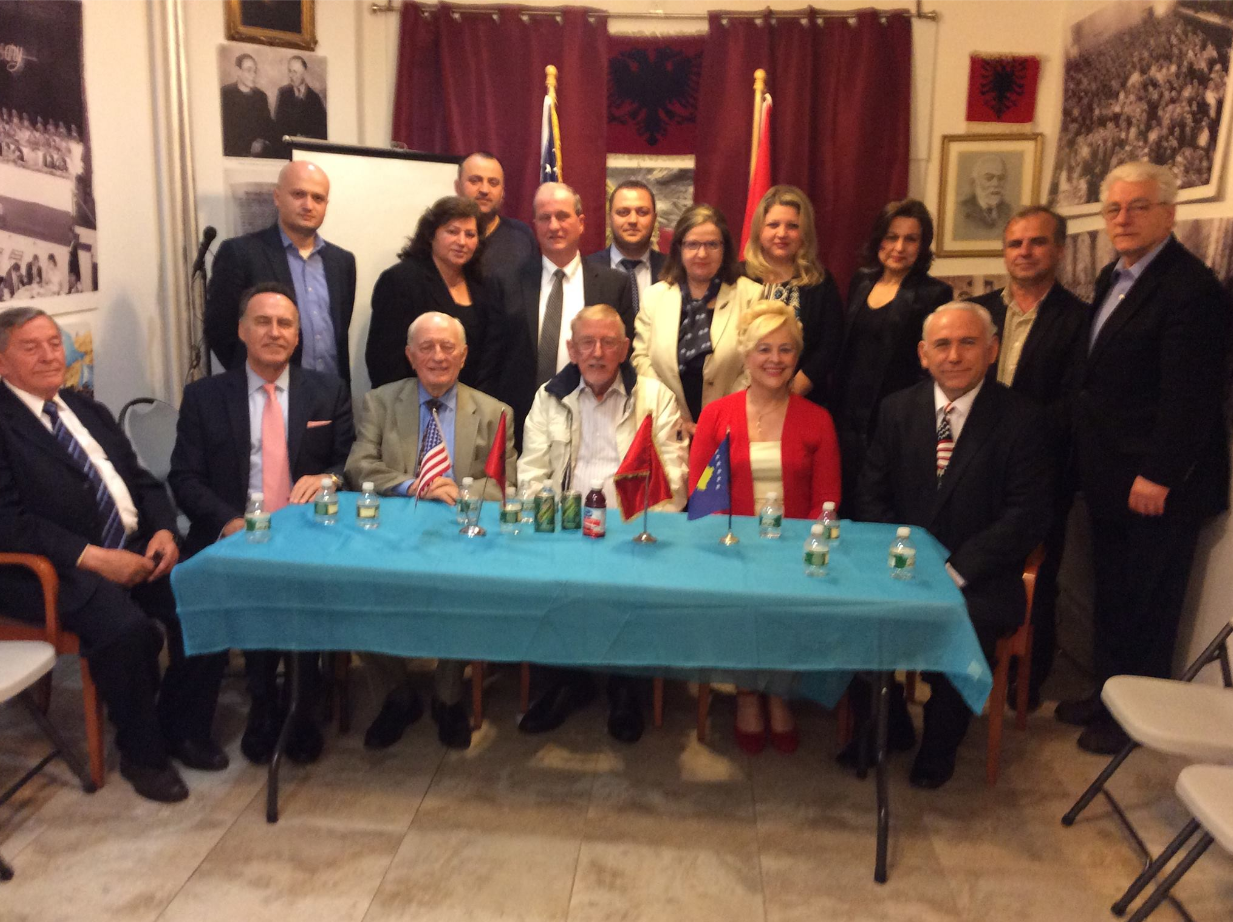
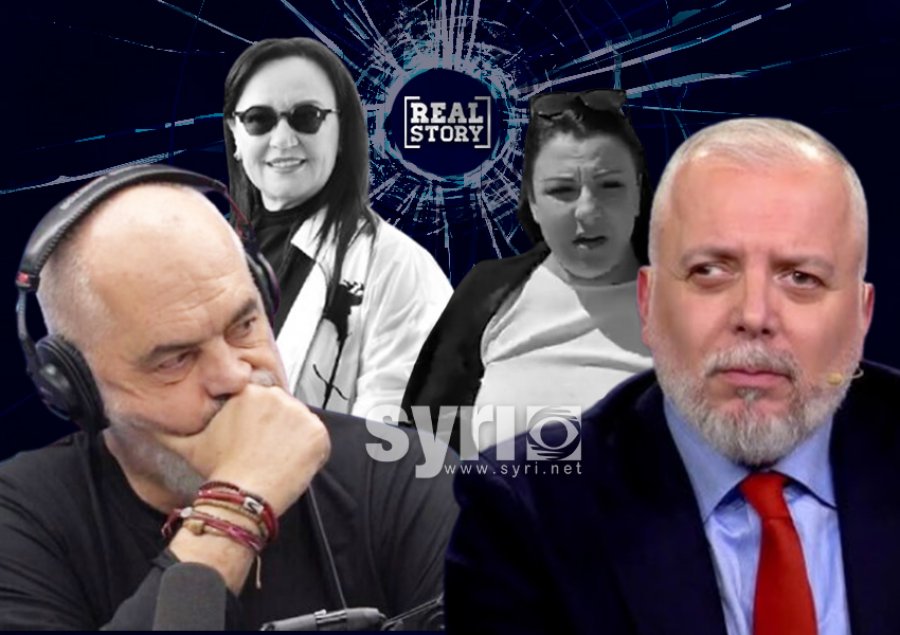
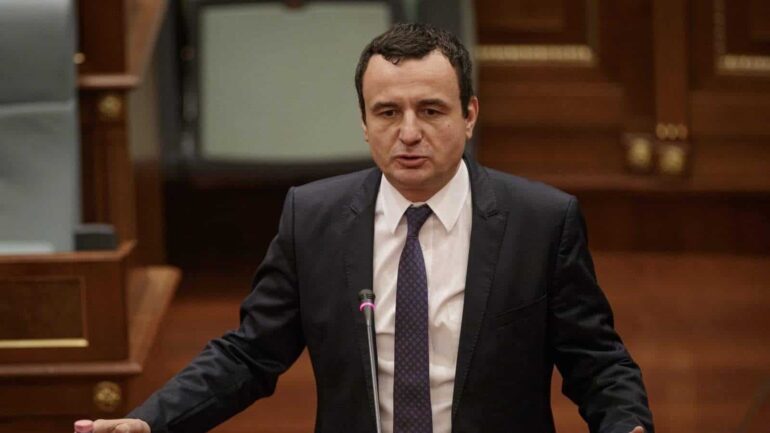
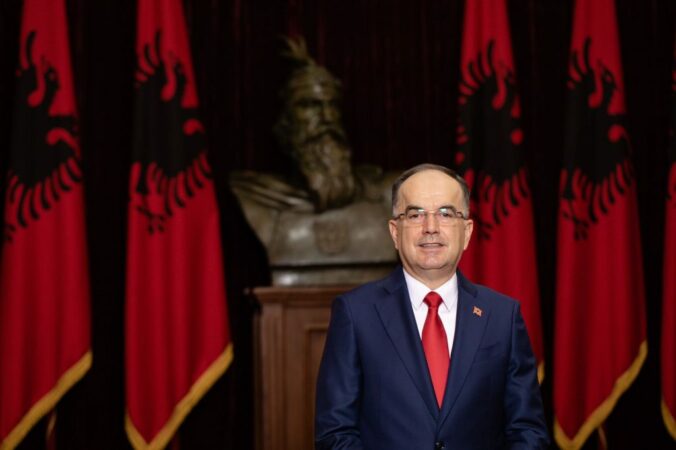

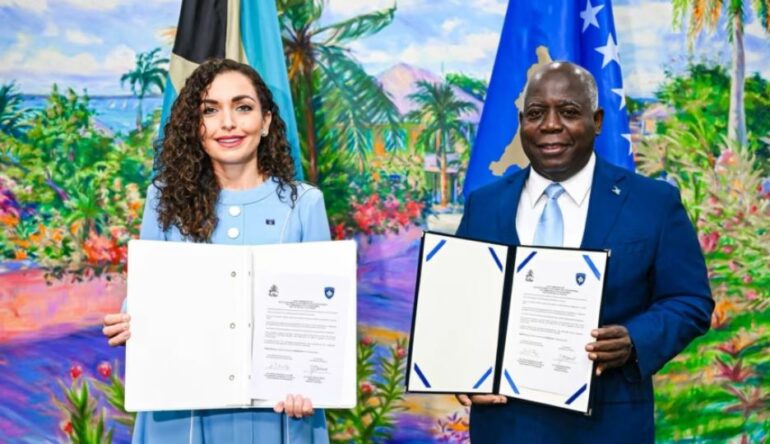
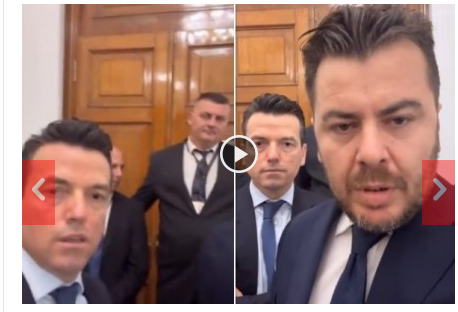
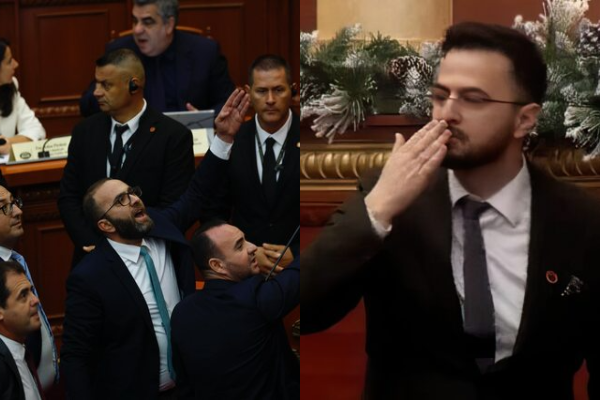
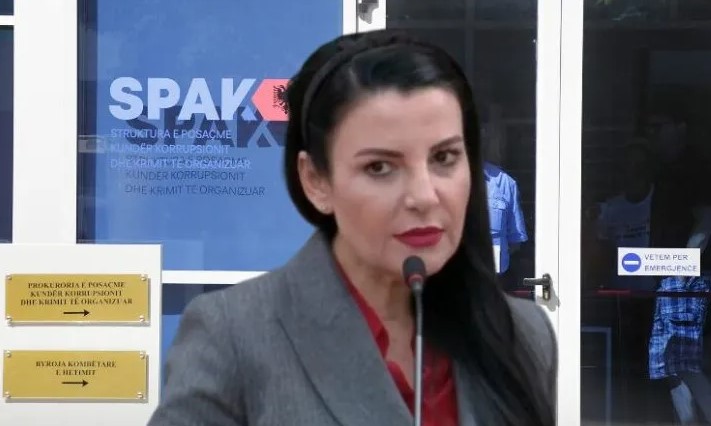
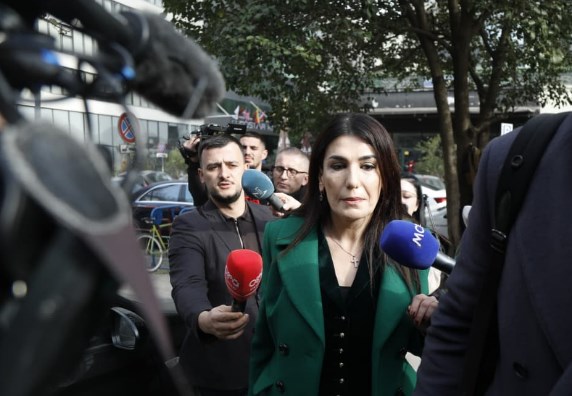
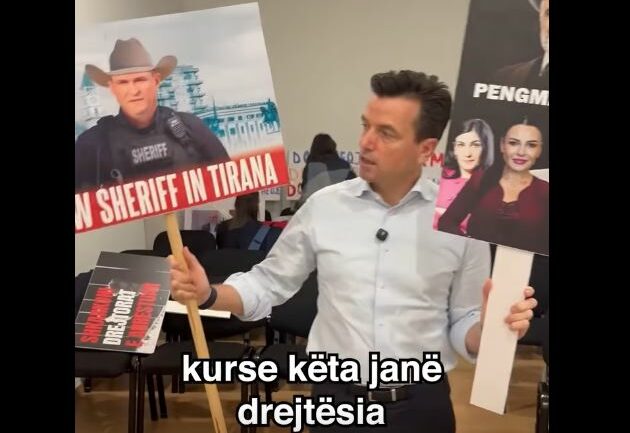
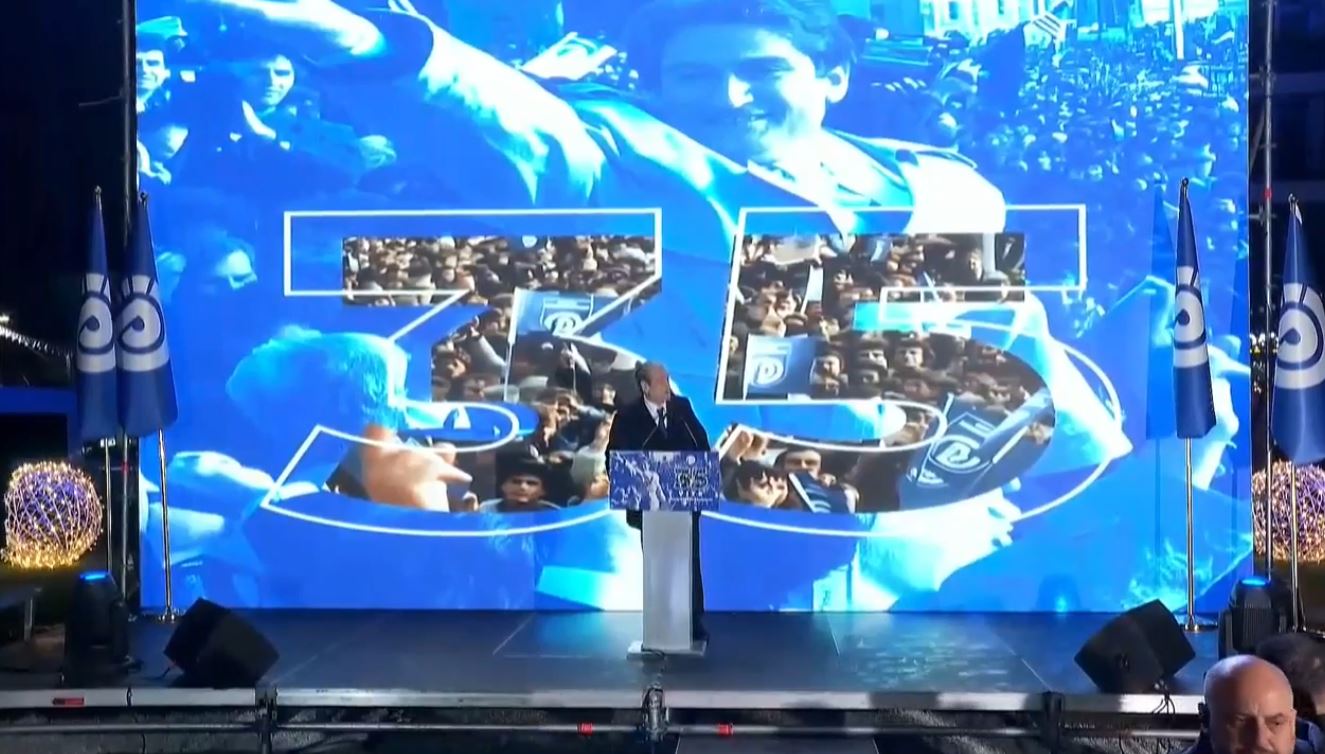




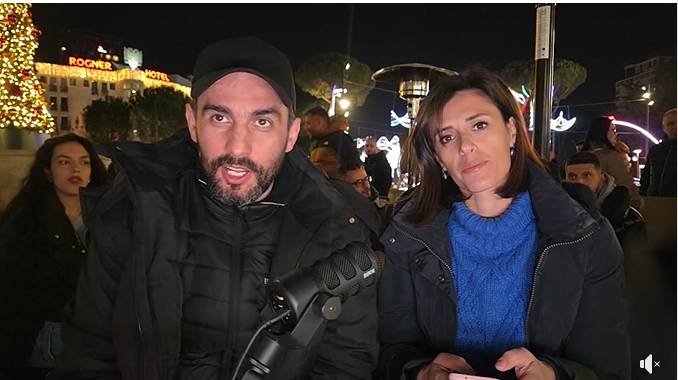
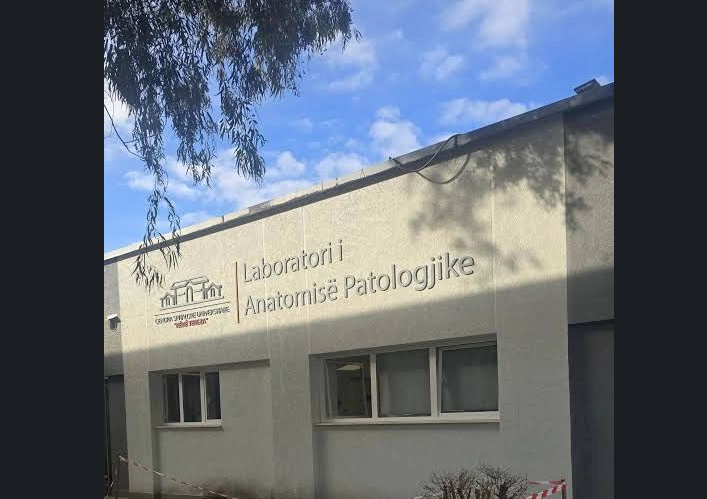
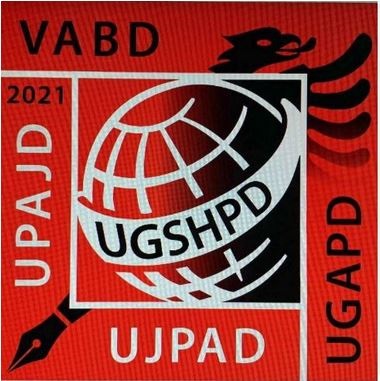
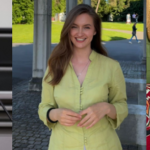
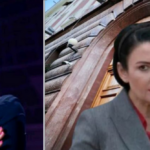
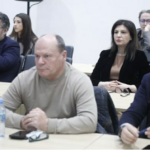


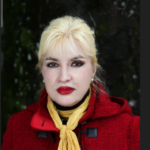
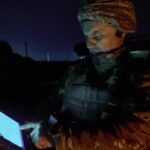
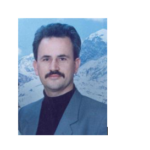
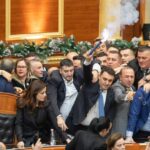
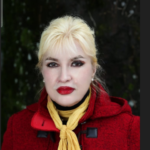
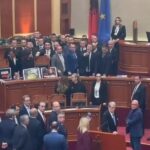

Komentet